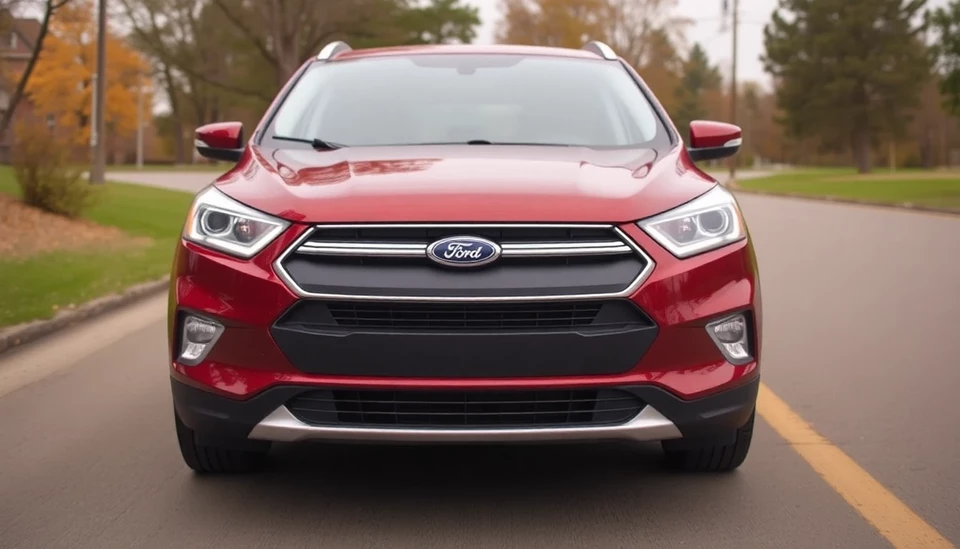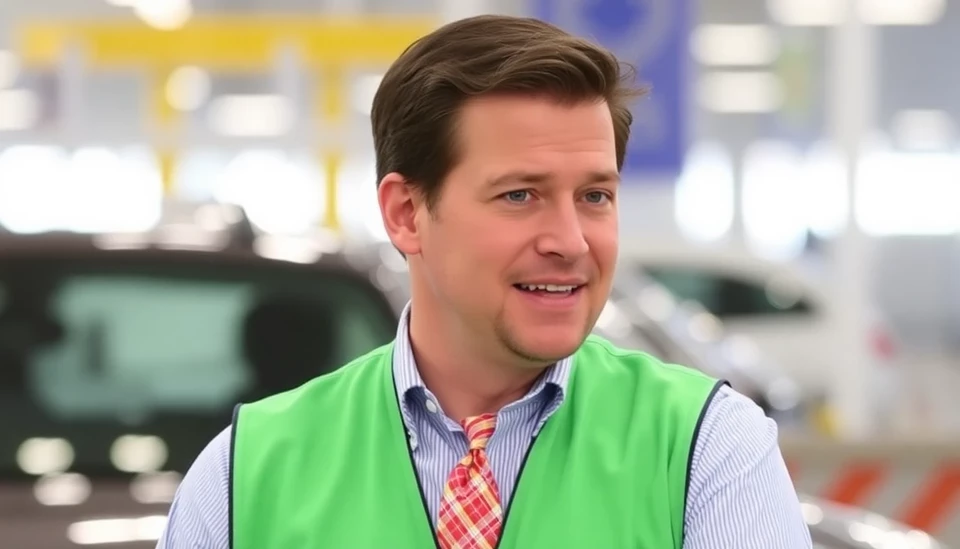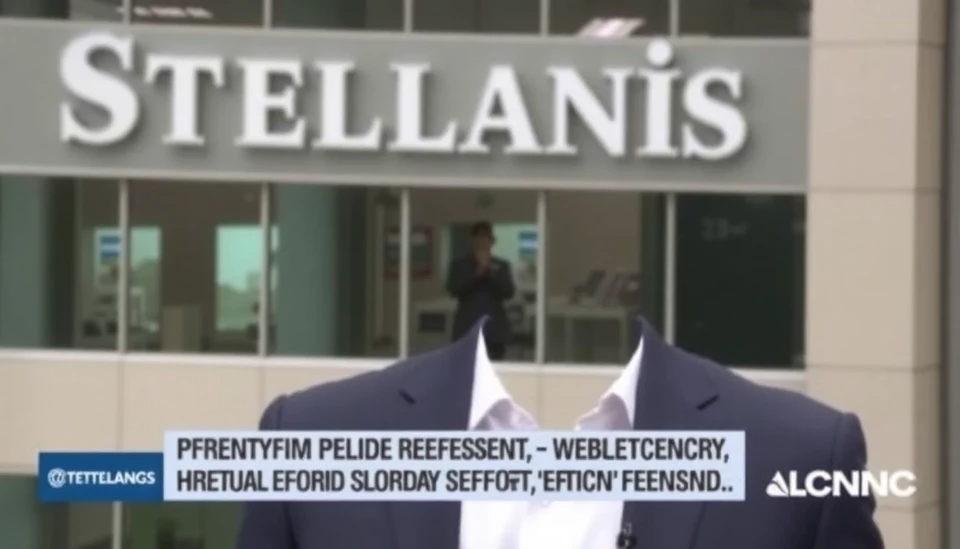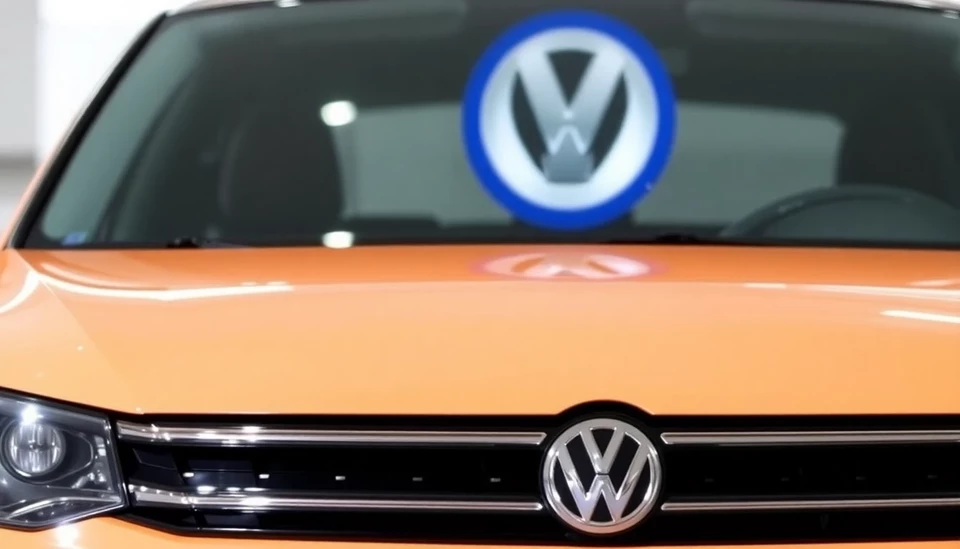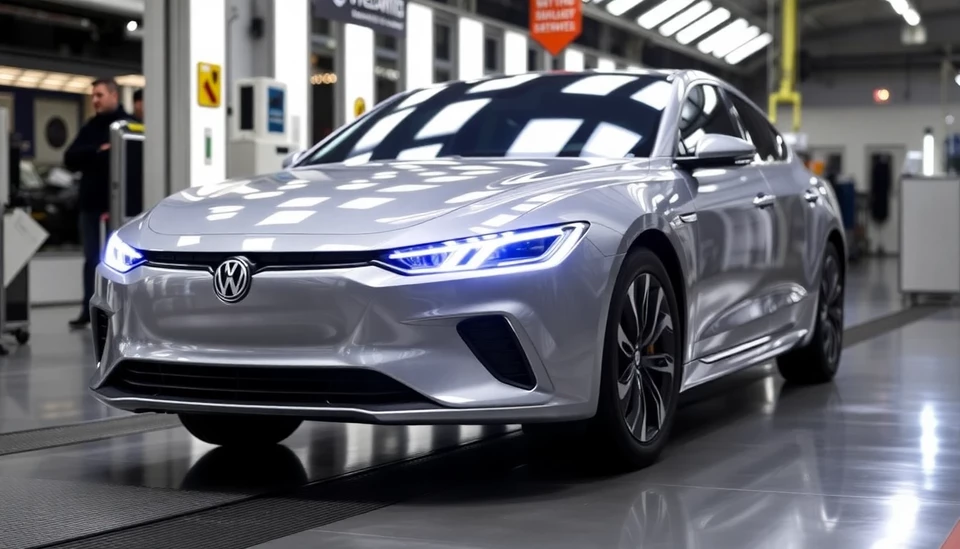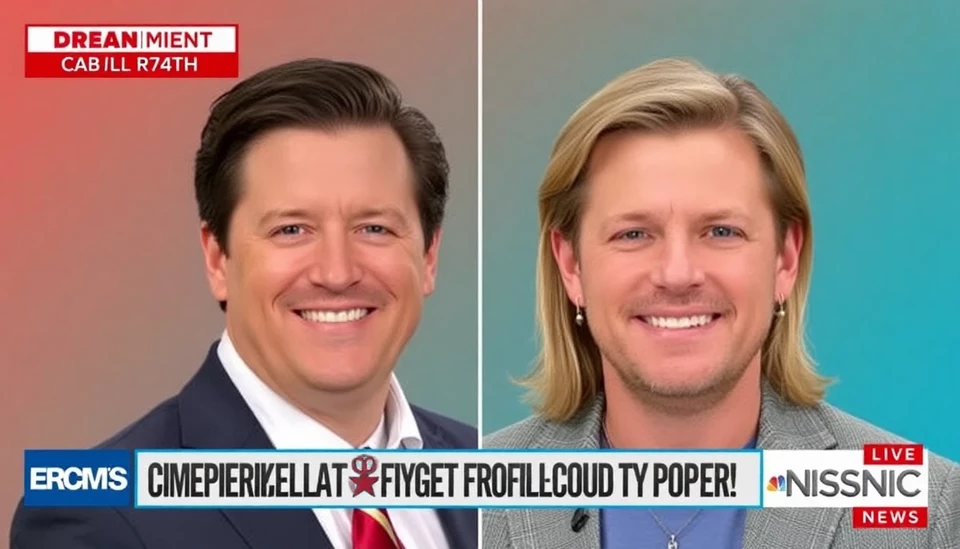
In a recent interview, Stellantis CEO Carlos Tavares made headlines by emphatically stating that the automotive giant has no intentions of selling any of its brands. This declaration comes amidst a backdrop of significant transformations in the auto industry, as manufacturing companies navigate the challenges posed by rapidly shifting consumer preferences, advancements in electric vehicles (EV), and ongoing supply chain issues.
Tavares, who has been steering Stellantis through a pivotal period since its formation in 2021 through the merger of Fiat Chrysler and PSA Group, underscored his commitment to maintaining the company’s diverse portfolio of brands. Stellantis oversees a wide range of well-known automotive brands, including Jeep, Dodge, Chrysler, and Peugeot. Tavares believes that these brands collectively represent a unique value proposition that should not be diluted or sold off, especially given the evolving landscape of mobility and transportation.
The automotive sector is undergoing profound changes as companies pivot towards electric mobility and autonomous driving technologies. Tavares noted that Stellantis is responding to these trends by investing heavily in EV technology and infrastructure. The company recently unveiled ambitious plans to expand its electric vehicle lineup, with significant investments aimed not only at developing new models but also enhancing battery production capabilities.
While Tavares assured stakeholders that brand sales are not on the horizon, he acknowledged the intense competition within the industry. The CEO emphasized the importance of innovation and adaptability as key drivers for success, stating that Stellantis is focused on maximizing efficiency and reducing costs without sacrificing quality or brand identity.
The announcement comes as Stellantis seeks to strengthen its market position against rivals such as Tesla, Ford, and General Motors, which are also aggressively pursuing electric vehicle advancements. Tavares expressed confidence in Stellantis’s comprehensive strategy that includes electrification, software development, and digital services to meet the demands of modern consumers.
Looking ahead, Tavares highlighted the necessity of building strategic partnerships to accelerate the transition to electric mobility. These partnerships may involve collaborations on battery technology or shared platforms for new vehicle designs, which could help Stellantis navigate the competitive landscape more effectively. He reassured investors and industry stakeholders that the company’s focus on brand retention is a strategic move to reinforce Stellantis’s competitive advantage in an increasingly electrified market.
With the automotive industry bracing for monumental shifts over the next decade, Stellantis under Tavares's leadership appears poised to leverage its diverse portfolio while focusing on innovations that cater to future market demands. The clarity on brand strategy is a refreshing note for both investors and consumers, hinting that Stellantis is committed to a versatile and unified future.
As the automotive sector continues to evolve, it will be interesting to monitor how Stellantis implements its strategy and what developments emerge in the coming years.
#Stellantis #CarlosTavares #AutoIndustry #ElectricVehicles #BrandStrategy #Innovation #EVTransition
Author: Peter Collins
